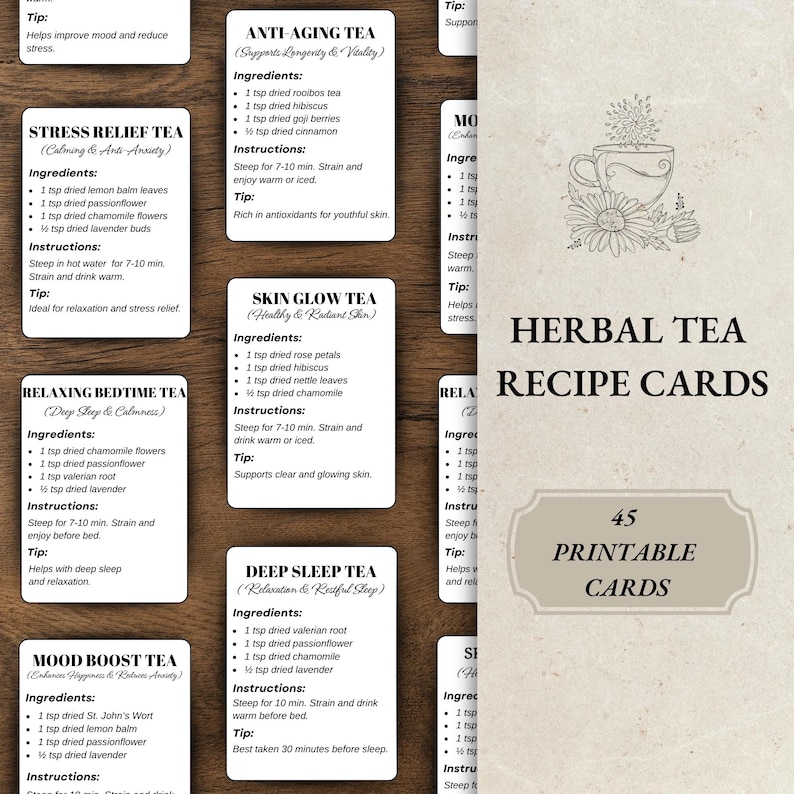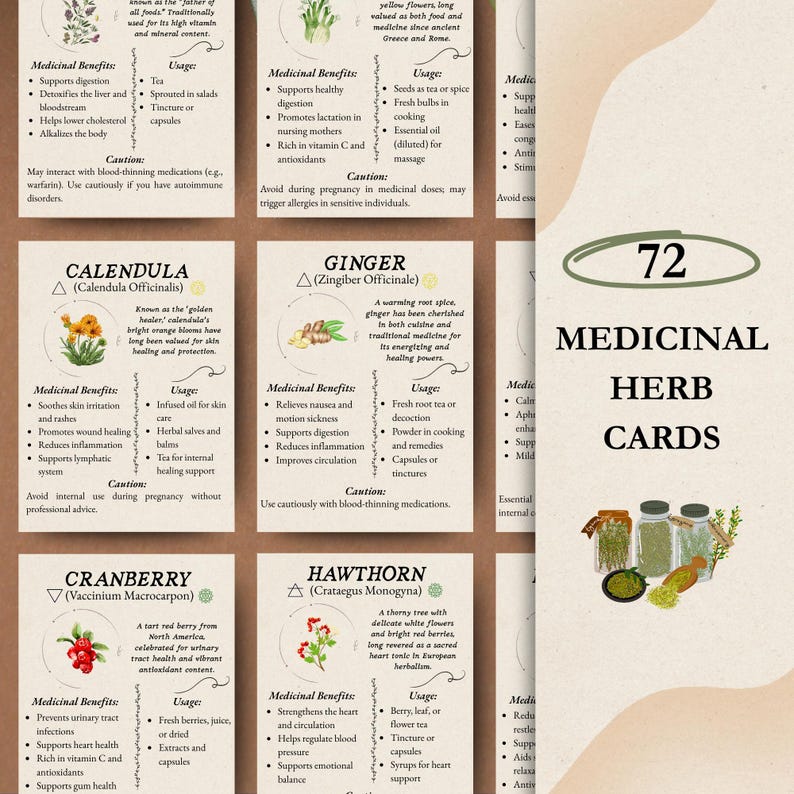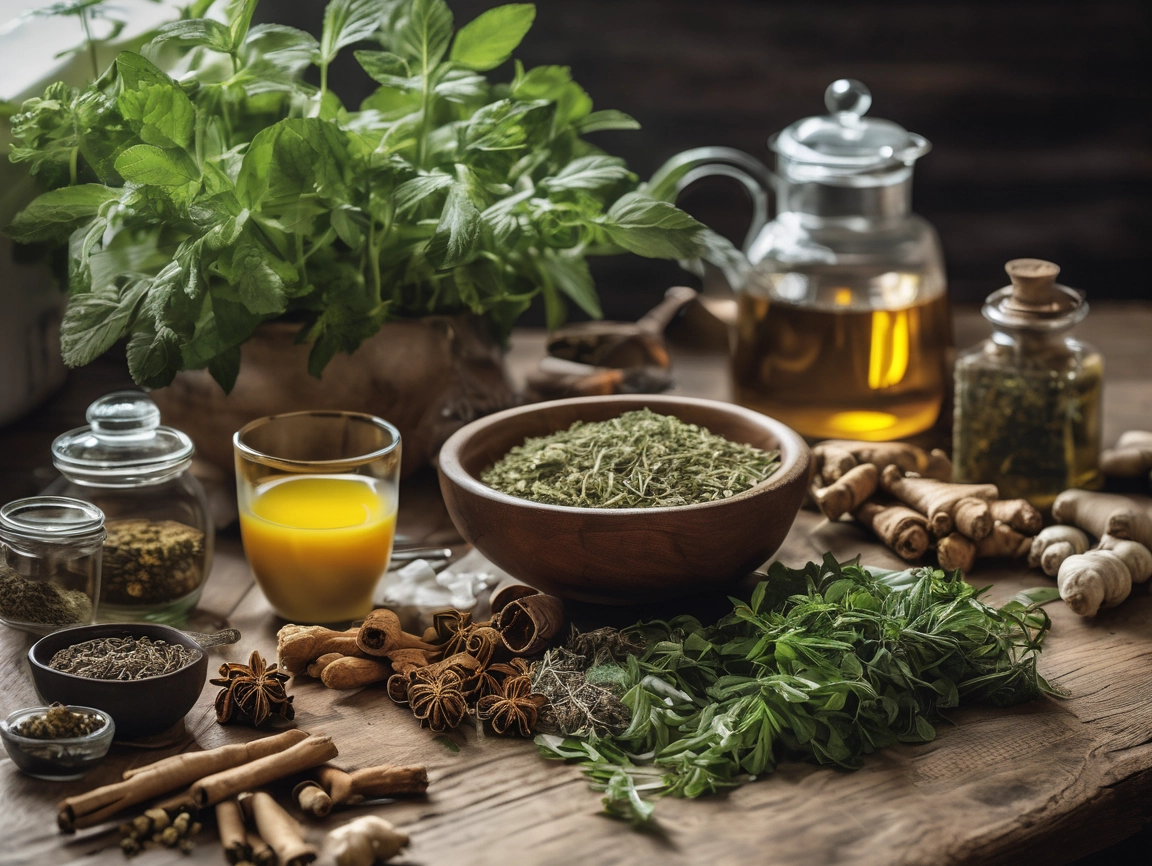Introduction: Why Your Digestive Health Matters
Digestive health is often overlooked until something goes wrong. Maybe it’s the bloating after a heavy meal, the occasional heartburn, or the sluggishness that seems to drag on all day. In today’s fast-paced lifestyle, where processed foods and stress dominate, digestive problems have become incredibly common.
But here’s the good news: nature has always provided us with gentle, effective remedies in the form of herbs. Long before modern medicine, apothecaries and healers turned to plants for soothing the stomach, stimulating appetite, and restoring balance.
In recent years, there has been a revival of this wisdom. People are seeking natural alternatives not just to mask symptoms, but to support the body’s natural healing processes. Herbal remedies are not only effective, they’re also accessible, affordable, and can easily be incorporated into your daily lifestyle.
If you’ve ever wondered how to ease bloating, reduce indigestion, or simply nurture your gut naturally, you’re in the right place. Let’s explore the most essential herbs for digestive health, their benefits, and how you can start using them today.
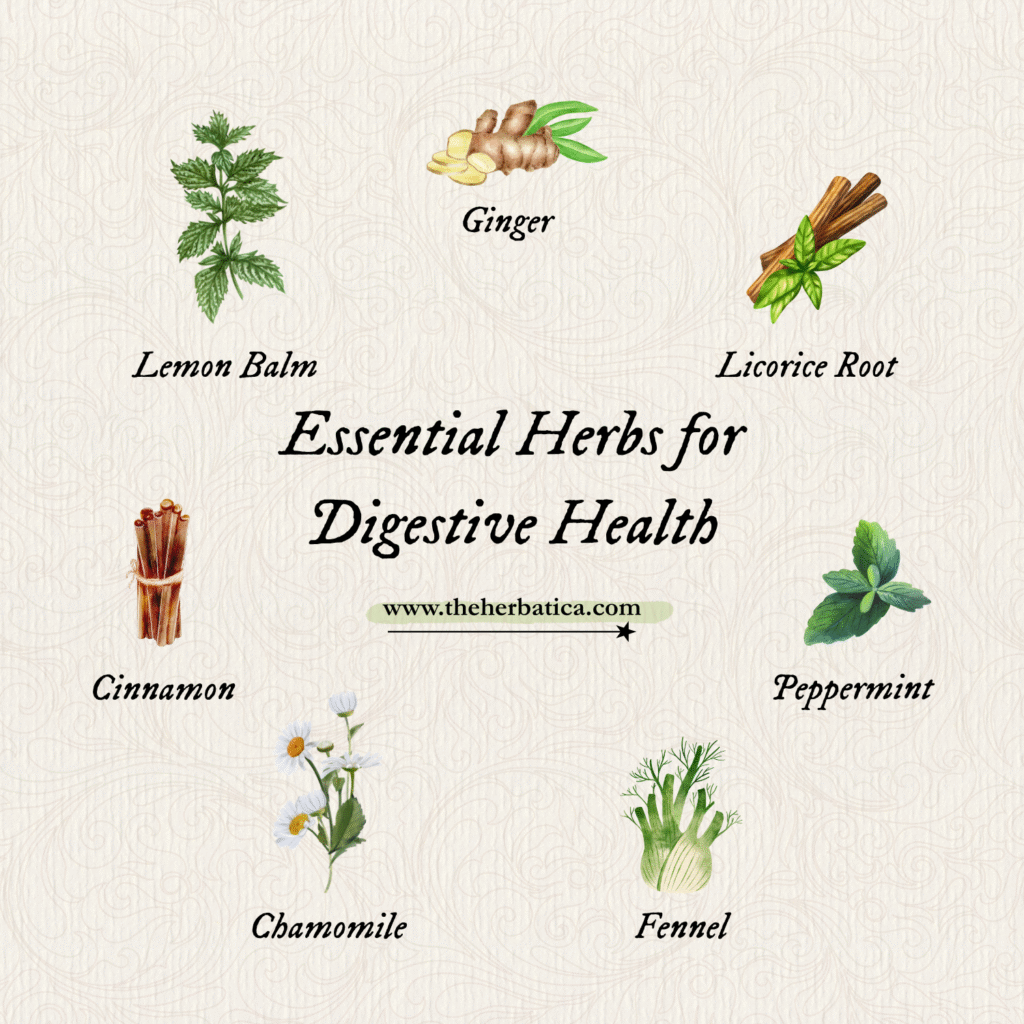
The Importance of Digestive Health
Your digestive system is more than just a way to process food. It’s the core of your overall wellness.
- Nutrient Absorption: Every cell in your body relies on the digestive tract to deliver vital nutrients.
- Immune System Support: About 70% of the immune system resides in your gut.
- Hormonal Balance & Mental Health: The gut produces neurotransmitters like serotonin, which directly affects mood.
Common digestive issues like bloating, constipation, acid reflux, and food intolerances don’t just cause discomfort—they disrupt this entire system of health. That’s why a holistic approach is essential. Herbs can be your gentle allies in bringing balance back to the gut.
Why Herbs? The Natural Approach
Unlike pharmaceuticals that often suppress symptoms, herbs work with your body. Many are carminatives (reducing gas), bitters (stimulating digestive juices), or anti-inflammatory agents.
And they’ve stood the test of time. From Traditional Chinese Medicine (TCM) to Ayurveda and European folk healing, plants like ginger, fennel, and chamomile have been used for centuries. Today, science is catching up, confirming many of these traditional uses.
Now, let’s dive into the top herbs you can add to your wellness routine.
Essential Herbs for Digestive Health
🌿 1. Peppermint (Mentha piperita)
Peppermint is one of the most popular herbs for digestion. Its cooling effect comes from menthol, which helps relax the muscles of the gastrointestinal tract.
Benefits:
- Relieves bloating and gas
- Eases cramping and spasms
- Supports bile flow for fat digestion
How to use:
- Drink peppermint tea after meals
- Use enteric-coated peppermint oil capsules for IBS (studies show significant relief)
- Add fresh leaves to water or salads for a refreshing twist
⚠️ Note: Peppermint may worsen acid reflux in some people because it relaxes the lower esophageal sphincter.

🌱 2. Ginger (Zingiber officinale)
Ginger is a digestive superstar. It warms the stomach, stimulates digestive juices, and speeds up gastric emptying.
Benefits:
- Reduces nausea and motion sickness
- Improves appetite
- Eases bloating and sluggish digestion
How to use:
- Brew fresh ginger tea with lemon and honey
- Add grated ginger to stir-fries or soups
- Try ginger capsules before traveling to reduce nausea
📖 Did you know? Studies show ginger significantly reduces nausea in pregnancy and chemotherapy patients.

🌼 3. Chamomile (Matricaria recutita)
Chamomile isn’t just a bedtime tea—it’s also a powerful digestive herb. Its gentle nature makes it safe for children, too.
Benefits:
- Relieves stomach cramps and indigestion
- Calms nervous stomach linked to stress
- Acts as a mild anti-inflammatory
How to use:
- Drink chamomile tea before bed for relaxation and digestive support
- Use cooled chamomile tea as a gentle compress on the stomach during cramps
- Combine with lemon balm for extra calming effects

🌸 4. Fennel (Foeniculum vulgare)
Fennel seeds are traditionally chewed after meals in many cultures. They have a sweet, licorice-like flavor and powerful carminative properties.
Benefits:
- Relieves gas and bloating
- Stimulates milk production in nursing mothers (bonus!)
- Supports smooth digestion after heavy meals
How to use:
- Chew 1 teaspoon of fennel seeds after eating
- Brew fennel tea by steeping crushed seeds
- Add fennel bulbs to roasted dishes or salads

🌿 5. Dandelion Root (Taraxacum officinale)
Often dismissed as a weed, dandelion is a potent digestive herb. Its bitter compounds stimulate bile production, making it especially useful for sluggish digestion.
Benefits:
- Improves liver and gallbladder function
- Supports fat digestion
- Acts as a mild laxative
How to use:
- Roast dandelion root and brew as a coffee substitute
- Take dandelion tincture before meals to stimulate appetite
- Add young dandelion greens to salads for a bitter kick

🍋 6. Lemon Balm (Melissa officinalis)
A calming herb from the mint family, lemon balm is both uplifting and soothing for digestion.
Benefits:
- Reduces stress-related indigestion
- Calms spasms and cramps
- Supports healthy gut-brain connection
How to use:
- Drink lemon balm tea in the afternoon to relieve tension
- Use lemon balm tincture before stressful events
- Pair with chamomile for a gentle, relaxing blend

🌱 7. Licorice Root (Glycyrrhiza glabra)
Licorice root has been used in both Eastern and Western herbal traditions. It has demulcent properties, meaning it coats and soothes irritated tissues.
Benefits:
- Soothes acid reflux and heartburn
- Protects stomach lining
- Supports adrenal health (linked to stress and digestion)
How to use:
- Drink licorice root tea for sore stomach and throat
- Try deglycyrrhizinated licorice (DGL) tablets for reflux
- Blend with other herbs like ginger for a soothing tea
⚠️ Note: Avoid long-term use if you have high blood pressure, unless using DGL.
🌟 8. Turmeric (Curcuma longa)
Famous for its golden color, turmeric is both a spice and a powerful digestive ally.
Benefits:
- Reduces inflammation in the gut
- Stimulates bile production
- Supports liver detoxification
How to use:
- Add turmeric powder to curries, soups, or golden milk
- Take turmeric capsules (with black pepper for absorption)
- Try turmeric tea with ginger and honey
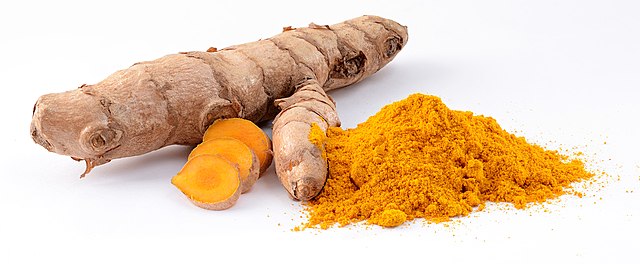
🌿 9. Cinnamon (Cinnamomum verum)
Cinnamon isn’t just for baking—it’s a warming digestive aid that supports blood sugar balance as well.
Benefits:
- Relieves nausea and gas
- Improves circulation to the stomach
- Balances blood sugar, preventing post-meal crashes
How to use:
- Add cinnamon to oatmeal, smoothies, or baked goods
- Brew as a spiced tea with ginger and cardamom
- Use cinnamon sticks in mulled cider for festive digestion support

🌱 10. Caraway (Carum carvi)
Often overlooked, caraway is a traditional remedy for colic in infants and indigestion in adults.
Benefits:
- Relieves gas and bloating
- Eases stomach cramps
- Stimulates appetite
How to use:
- Drink caraway tea after heavy meals
- Use ground caraway in bread or sauerkraut
- Mix with fennel and anise for a “digestive trifecta” blend

How to Incorporate These Herbs Daily
The beauty of digestive herbs is their versatility. You don’t need to turn your kitchen into a pharmacy—just small, consistent habits make a huge difference.
Simple ideas:
- Start your day with warm lemon water + ginger
- After meals, sip peppermint or fennel tea
- Add turmeric and cinnamon to smoothies or oatmeal
- End your evening with a chamomile + lemon balm infusion
DIY Recipe: Bloating Relief Tea
- 1 tsp fennel seeds
- 1 tsp chamomile flowers
- ½ tsp ginger root
- Steep for 10 minutes. Drink warm.
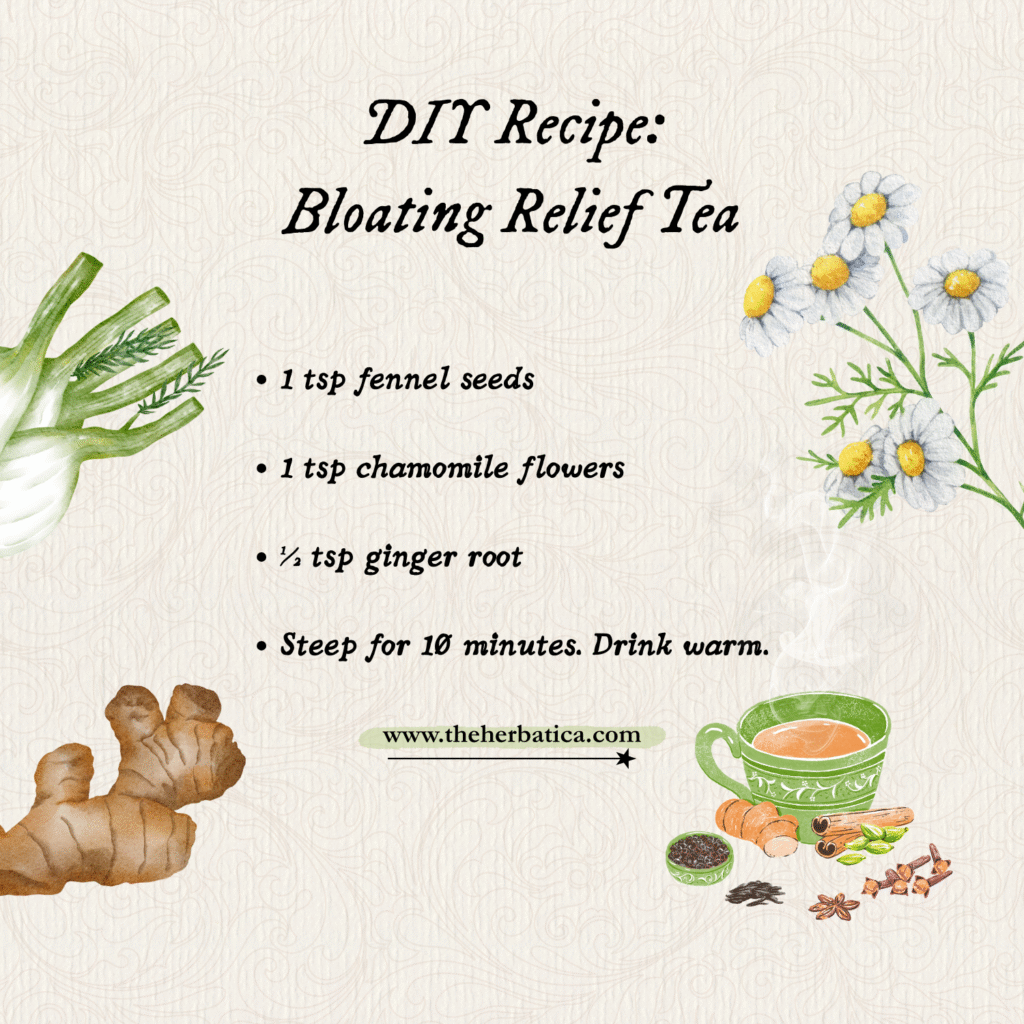
Safety and Precautions
While herbs are generally safe, they are powerful. Always:
- Start small and observe your body’s response
- Check interactions with medications (e.g., licorice with blood pressure meds)
- Avoid high doses during pregnancy unless approved by a professional
When used mindfully, herbs are some of the safest and most effective tools for long-term digestive health.
Conclusion: Reclaiming Digestive Wellness Naturally
Your digestive health shapes your energy, immunity, and overall well-being. Instead of relying solely on quick fixes, you can turn to herbs that have been trusted for centuries.
Whether it’s a cup of chamomile tea before bed, ginger in your cooking, or a sprinkle of cinnamon in your morning coffee, these small habits build up into big changes.
🌿 Start today. Brew a simple herbal tea, listen to your body, and rediscover the natural balance your digestive system craves.
Disclaimer:
The information provided in this article is for educational and informational purposes only and is not intended as medical advice. Always consult with a qualified healthcare professional before starting any herbal regimen, especially if you are pregnant, nursing, taking medication, or have a medical condition. Individual results may vary, and herbs should be used responsibly.
🌟 Favorite Herbal Helpers:
If you loved this guide and want to take your digestive wellness a step further, check out some of our favorite herbal products:
